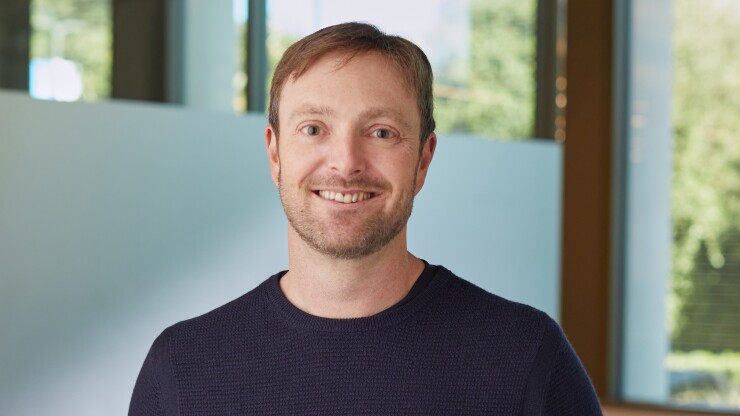
PayPal's turnaround strategy under CEO Alex Chriss showed signs of progress as the company posted strong earnings Tuesday, but the ongoing trade war is creating stress on payments volume.
"We had our fifth consecutive quarter of profitable growth despite
The company said it would monitor tariff impacts in the coming months, and highlighted work on
"Our focus is on the things we can control," Chriss said.
PayPal's earnings
For the quarter ending June 30, PayPal reported net revenue of $8.3 billion, up 5% from the prior year, and earnings per share of $1.40, up 18%. That beat FactSet analysts' expectations of $1.30 and $8.1 billion. PayPal's profit was $1.37 billion, up from $1.24 billion the prior year. Venmo's revenue grew 20% based on new initiatives, according to PayPal, which did not disclose financial figures for Venmo.
PayPal projected full-year earnings of $5.15 to $5.30, up from its prior projection of $4.95 to $5.10. Analysts' full year projections are $5.10. "We delivered another quarter of profitable growth, driven by continued strength across many of our strategic initiatives," Chriss said while touting PayPal's technology projects. "We believe the next five years will bring more changes in how people shop than the last two decades combined."
Read more earnings coverage. (
In a research note, Jeffries analysts noted that branded total payment volume growth slowed to 5% year over year in the second quarter, compared to 6% in the first quarter, a slowdown the firm attributed to tariff headwinds.
"Without that [tariff] pressure our branded checkout growth would have been at 6%," Chriss said under analyst questioning during PayPal's earnings call. "It's a small amount, but we're starting to see it stabilize."
Jeffries analysts said that "we expect more progress on [boosting] volume onto the latest [product launches] but without visibility into a branded [total payment volume] acceleration above mid-single digital yearly growth, which we don't believe is likely by year end, we don't see what drives [stock price growth]."Jeffries also said PayPal branded faces pressure from inbound payments from Chinese marketplaces such as Temo and Shein, and a 15% decline in China-related travel due to the tariffs.
"We wouldn't be surprised to see some underperformance in shares given the slightly soft branded checkout trends," JPMorganChase said in an analyst note.
AI and blockchain
The strategy is an effort to grow branded checkout and international payments, two areas that analysts are closely watching as PayPal battles Apple Pay, Block and Stripe in the small business payment market. Ahead of the earnings call, PayPal made several product-related moves.
On Monday it announced Pay with Crypto, which connects merchants to enable instant crypto or stablecoin to traditional currency conversion, a key step in supporting cryptocurrency for payments. The product covers more than 100 cryptocurrencies such as bitcoin, ether, USDC and PYUSD, and connects to wallets including Coinbase, Binance and Metamask.To explain why the product is necessary, PayPal mentioned
In a release, PayPal gave an example of a shopper in Guatemala buying a gift from a merchant in Oklahoma City. By using PapPal's platform, the merchant can accept crypto payments at lower costs due to the use of a blockchain and reap incentives in PYUSD if the funds are held in PayPal.
"A big part of the future of commerce will be on chain," Chriss said Tuesday
Pay with Crypto closely followed the announcement of
PayPal World is designed to address the need to navigate the hundreds of regional wallets that exist globally. "This presents friction in a global ecosystem. You are never sure if your wallet will be accepted. Traveling out of the country poses new challenges," Chriss said, adding that PayPal plans to add more wallets over time.
In a move involving more traditional payment methods, PayPal in May launched a contactless
PayPal has recorded three million NFC enrollments thus far following the German rollout, and will launch the NFC wallet in the U.K. later this year, Chriss said. "We think we can take this platform across all of our markets," he said.
Among other large payment companies,





